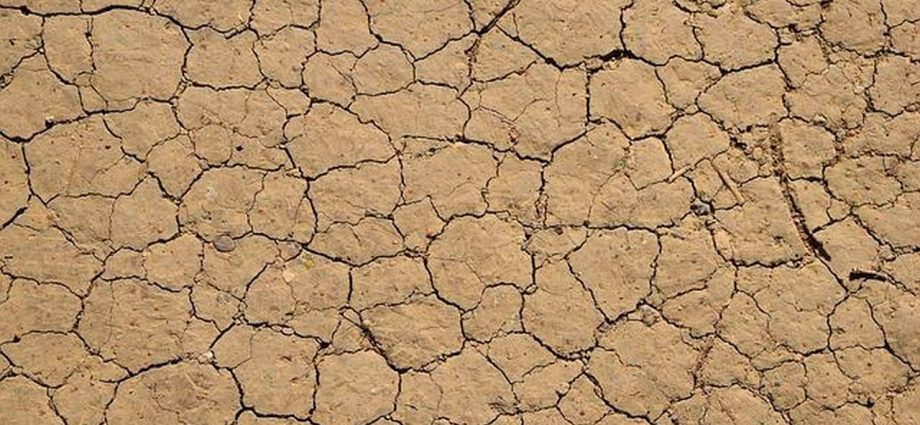you’re welcome. Last Update: 2021-02-25.
Does Danke Schoen mean thank you in German?
Summary: Thank You in German
If you want to really show your gratitude, “danke schön” is the most common way to say thank you very much in German.
What’s the difference between Danke and Danke Schoen?
You can think of danke as being more like “thanks / thank you” and danke schön as more like “thank you very much” in English, while vielen Dank is closer to the English “many thanks” (although it can be translated as a more formal “thank you very much” as well).
Is Danke rude?
“Danke”/”Bitte” is perfectly fine. It’s neither rude or weird, just less enthusiastic and a bit less formal than the longer forms.
What is bitte schoen?
Bitte schön / Bitte sehr — You’re very welcome.
What does dunka mean in German?
interjection German. thank you very much.
What is a bitte?
The German word bitte means so much more than “please” or “you’re welcome.” In some ways, it’s a go-to word like “pardon.” Keep reading to find out more about bitte and how you can incorporate it into your daily German vocabulary.
What is your name in German?
If you want to say “What is your name?” in German, you would either say, “Wie heißen sie?” (formal) or “Wie heißt du?” (informal).
What language is Danke schön?
Linguistic details. In German, the phrase Danke schön is equivalent to the English expressions ‘thank you very much’ or ‘thank you kindly’. The word Danke means ‘thanks’ and schön means ‘pretty’, ‘lovely’, or ‘nice’.
What does Bitter shun mean in English?
Bitteschön is just the logical counterpart of Dankeschön which has derived as short form from Ich danke dir/euch schön, and that means I thank you very much. Schön is an adverb here in the sense of very. Schön is a typical form of politeness.
What language is Danke?
Thank you in German
The most common way is Danke schön. This can be shortened to Danke or made slightly more formal as Danke sehr.
How do you respond to Willkommen?
“Du bist willkommen” means ‘It’s good to have you here’. The best answer to the thank would be “keine Ursache” (‘don’t mention it’), in northern dialect also the cute “da nich für”.
How do you say thank you respectfully?
These general thank-you phrases can be used for all personal and professional communications:
- Thank you so much.
- Thank you very much.
- I appreciate your consideration/guidance/help/time.
- I sincerely appreciate ….
- My sincere appreciation/gratitude/thanks.
- My thanks and appreciation.
- Please accept my deepest thanks.
What is a good way to say thank you?
Other ways to say thank you in any occasion
- I appreciate what you did.
- Thank you for thinking of me.
- Thank you for your time today.
- I value and respect your opinion.
- I am so thankful for what you did.
- I wanted to take the time to thank you.
- I really appreciate your help. Thank you.
- Your kind words warmed my heart.
Can Bitte mean you’re welcome?
Note that bitte by itself still means you’re welcome, but in this context, the word is used as a shortened version or bitteschön or bitte sehr.
Where do you put bitte?
When used to mean “please,” bitte can take various positions within a sentence. Like most German sentences, it comes down to emphasis. You can put the word bitte at the start or at the end of your sentence, or even somewhere in-between.
What language is Willkommen?
Filmsite notes this “cheery greeting in German, French and English” contains “three languages to suit the club’s cosmopolitan clientele anticipates future hostilities between the three nationalities during wartime”.
What does dank mean?
When not describing something as “moist” and “humid” like a basement, dank is a slang term describing something as “excellent,” especially marijuana. Dank can also refer to memes that are played out or extremely weird.
How do you wish someone a good day in German?
Probably something like “I wish you a good day”. In German that’s ich wünsche dir einen guten Tag.
…
2. Guten Tag – “Good day”
- Before midday: say guten Morgen (good morning)
- Midday until approximately 6pm: say guten Tag (good day)
- 6pm until bedtime: say guten Abend (good evening)
How do you spell bitte schoen?
and with many variations. Very important for Germans is not only the use of the word “Bitte”, but also of its most common variations: “Bitte schön” and “Bitte sehr”. Cashiers are definitely professionals of the use of the word “Bitte”.
What is Bita shun?
you’re welcome. Last Update: 2016-05-17.
How do you say thank you in Austrian?
“Danke” means “thanks” and “Bitte” means please, you also respond with it to thanks (as with “you are welcome”). “Auf Wiedersehen” is the formal phrase for saying good-bye. Greet and thank when entering a shop, leaving a bus and at all other occasions when interacting with people.
